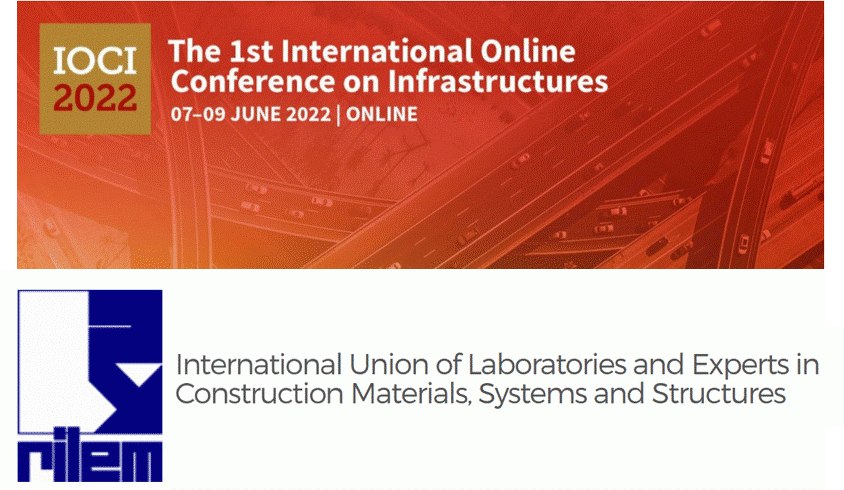RE-MED explains how to increase the use of Reclaimed Asphalt in Italy towards a circular economy

The RE-MED project tackles innovation for the development of circular economy and sustainable construction in the Mediterranean region. As part of this project, the University of Palermo (UNIPA), RE-MED Italian partner, attended the first International Online Conference on Infrastructure (IOCI) illustrating some results achieved within the project about the management of construction and demolition waste, in particular reclaimed asphalts by comparing the different approaches in two southern European countries.
The conference has been sponsored by the Multidisciplinary Digital Publishing Institute(MDPI) the world's most-cited open acess publisher and was held from 7 to 9 June 2022. Four specific sessions were available, the intervention of RE-MED was in the session nº 4:
- S1: BIM: Building Information Modeling for Infrastructure Management: Information exchange and interoperability for a collaborative lifecycle work; Industry Foundation Classes (IFC)
- S2: Digitalization: Digital Twins for Infrastructure Digitalization: Sensing and actuation technologies for infrastructure health monitoring; diagnostics and prognostics; model definition and updating; infrastructure safety assurance
- S3: Smart Infrastructures: Information Technologies as a Base for Intelligent Transportation Systems: IoT systems and techniques; cybersecurity
- S4: Materials and Sustainability: infrastructure and construction materials; multifunctional materials and structures; concrete; operation and maintenance; pavement management; end-of-life; management and application of construction and demolition waste (CDW)
Dr. Francesco Acuto from UNIPA provided a presentation of a work titled: Increasing the use of Reclaimed Asphalt in Italy towards a cir-cular economy: A top-down approach, in which he is the author as well as Dr. Iain Dunn (UNIPA), Dr. Konstantinos Mantalovas (UNIPA), Dr. Oumaya Marzouk (CEREMA, lead beneficiary, France) and Prof. Gaetano (UNIPA).
This contribution concerns recommendations which could be made to Italian regulatory bodies to improve their use of reclaimed asphalt (RA) in the road engineering sector. Spain may be an interesting competitor, because it is a country with similar economic capacity and a similar climatic condition to Italy that would dictate to similar use of RA, prompting the question, why is there such a vast chasm between Spanish and Italian figures on the use of this kind of material in road construction. The answer, in the authors’ opinion, is that Spain sees the use of RA in pavement management not only as a sustainable solution but also as a cost effective one. Moreover, Spain appears to be an early adopter of hot and warm mix asphalt recycling, beginning in the 1980s. There is also dearth of research supporting the use of RA and advocating that a higher percentage of RA be used in pavement design.
The study underlined the need of recommendations to be adopted from Italian regulatory bodies, such as the education of road authorities, engineers, policy makers, to reverse the limitations of a top-down approach, and increase the regulatory limits of the reclaimed asphalt percentage use concerning the road construction field.









